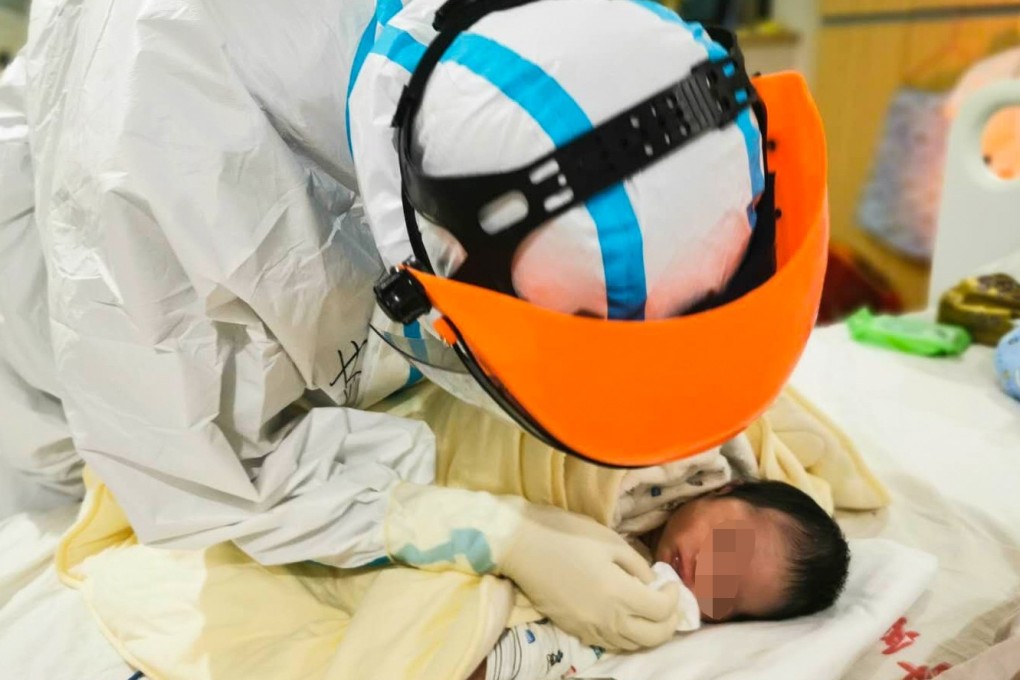Coronavirus: vaccines ‘on track for emergency use’ in April
- Chinese health official says progress being made on five vaccine fronts but difficulties expected
- An analysis of cases in the southern Chinese city of Shenzhen found no significant difference between rates of infection for under-10s and general population

China says research on coronavirus vaccines is well under way, and some will be available for emergency and clinical research use next month.
Zheng Zhongwei, director of the National Health Commission’s Science and Technology Development Centre, said the five approaches to vaccines were being pursued and advancing steadily.
But China was still learning more about the new coronavirus, and difficulties were expected during the research, he said.
Separately, Ding Xiangyang, a central government official who is part of the team overseeing coronavirus containment in Hubei province, the epicentre of the epidemic, said applications would be made next month for some vaccines to advance to clinical trials.
Children at ‘same risk’ as adults
Children are as likely to be infected by the new coronavirus as adults, according to scientists analysing infection data from the southern Chinese city of Shenzhen.
The researchers found a household attack rate – the probability of disease transmission from an infected household member – of 15 per cent, much higher than the population average of 7.9 per cent. But the same study found the rate of infection in children aged under 10 was very similar to the population as a whole, at 7.4 per cent.